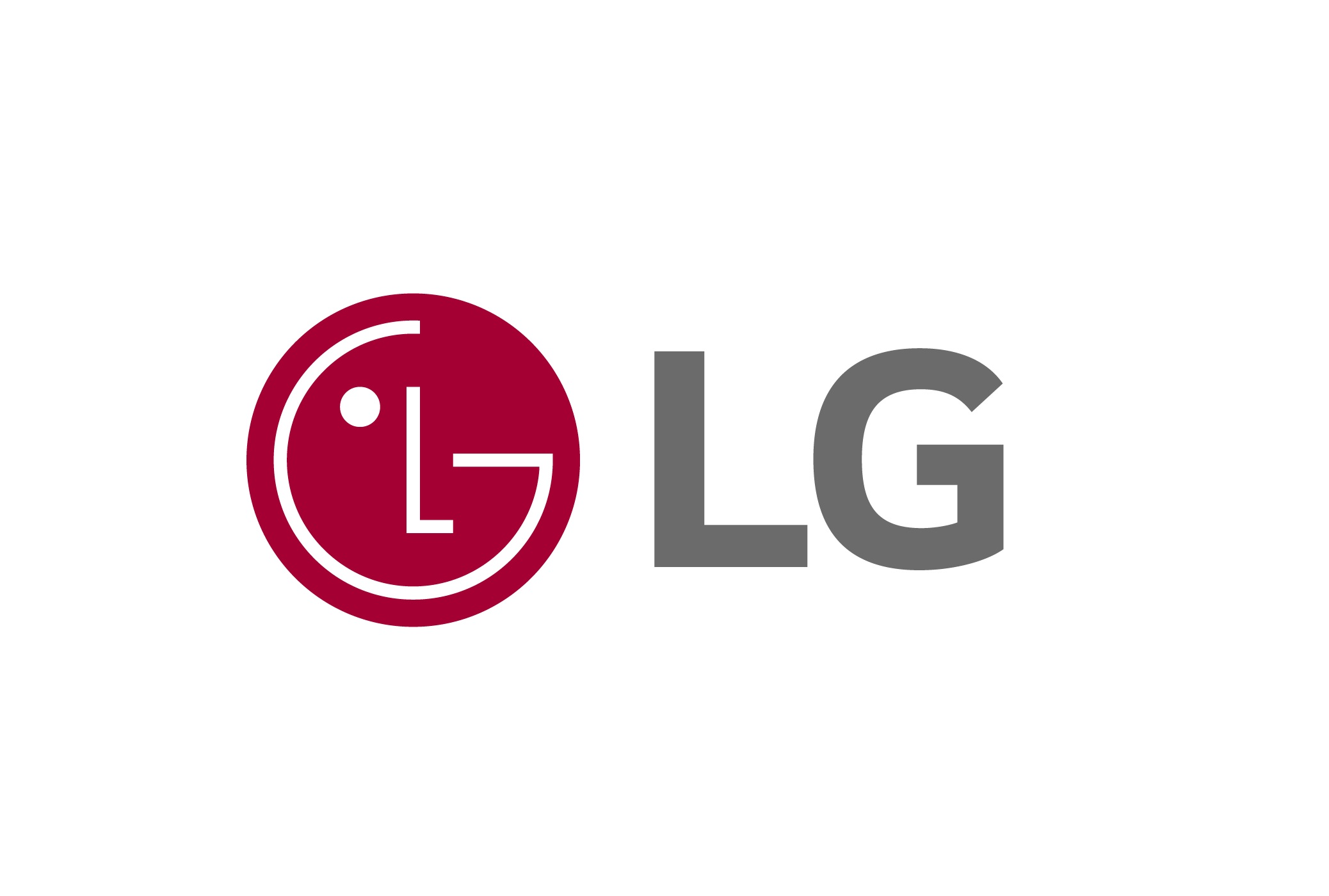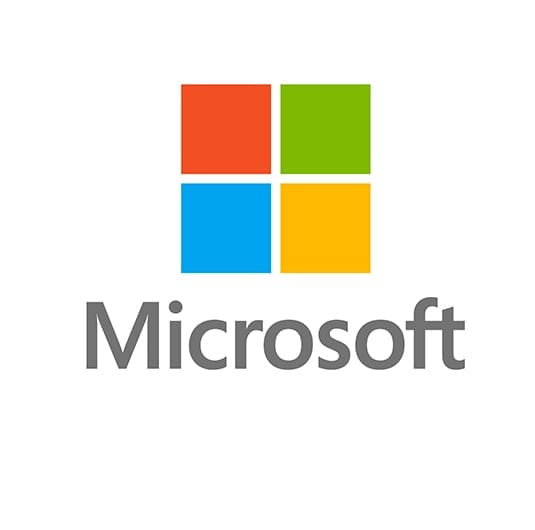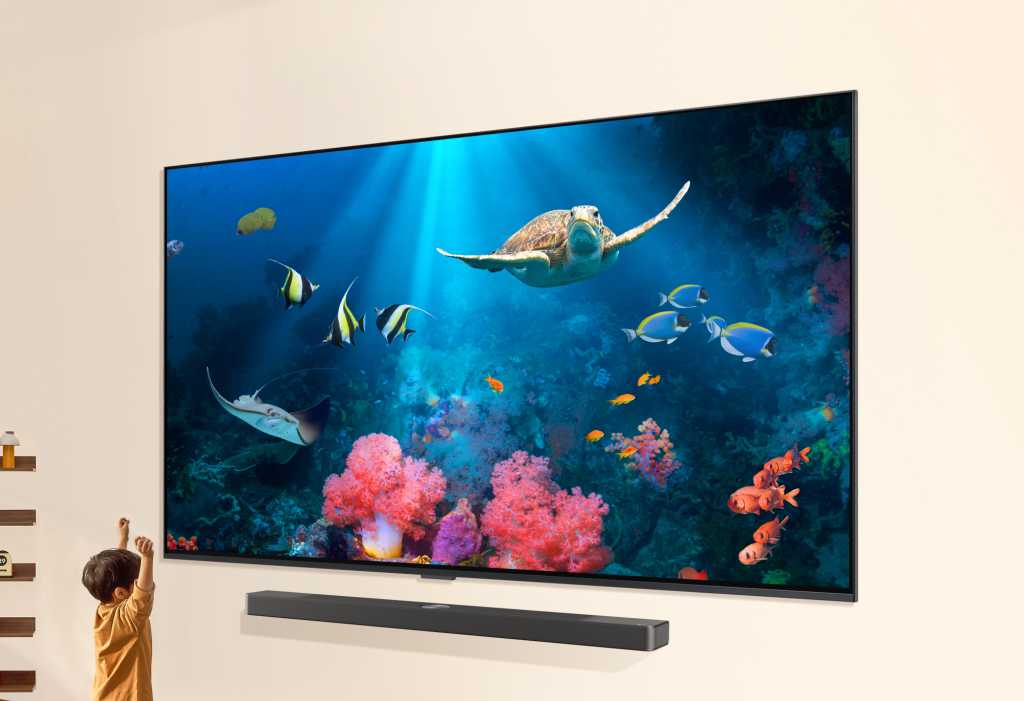Imagine a world where you could walk into a restaurant and experience an exotic cuisine without leaving your house, or learn a new sport while lying on the sofa. Welcome to the world of immersive technologies like virtual reality and augmented reality.
The exponential growth of such applications is evident from their application in diverse fields like culture, entertainment, sport, education, architecture, marketing and medicine.
For example, the global Virtual Reality (VR) market is currently estimated at USD 24 billion and is expected to skyrocket to USD 80 billion by 2026. Yet, virtual reality is just one of several immersive technologies that are reshaping the digital world.
Others include augmented reality and extended reality. Their common feature is the use computer technology to create a simulated environment that allows the immersion of the user in limitless experiences.
When the Covid-19 global pandemic struck, a rapid acceleration of these technologies occurred as more people started working, meeting and shopping online. The virtual lifestyle has become the new norm sparking higher demand for immersive technologies with social distancing pushing businesses to explore innovative ways to engage with consumers.
One such practical application of such technologies is online showrooms that allow consumers to interact with products prior to purchase and discover what is most suited to their homes and lifestyle.
Take for instance the LG eShowroom which offers customers a feel of the products that are available in the store. Through this virtual platform, one can learn more about a variety of LG appliances such as OLED TVs, InstaView Door-in-Door refrigerators, LG TWINWash washing machines, DUALCOOL Air Conditioners among other appliance.
LG has already opened two e-showrooms in Kenya through which customers can experience product walk-throughs complete with explanations of the various technologies and user-centric features. This is an example of how LG is using extended reality (a combination of virtual reality and augmented reality) to enhance the customer experience with its products and services.
Since the onset of the pandemic, over 73 percent of Kenyans have opted for e-shopping for products pointing to the shift to a digital lifestyle.
The digital space, the first of its kind in Africa, integrates LG’s online brand shop with a physical browsing environment to enable online purchases through easy-to-use screens with human assistants where required.
Recently, LG opened its HVAC Virtual Experience Showroom that gives visitors an intuitive view of its latest air solutions applicable to a variety of residential and commercial settings.
The use of such virtual shopping spaces sounds futuristic but is already redefining the consumer experience, and fits in with the new reality where people want to keep safe and healthy by limiting person-to-person interactions in physical showrooms.
Another innovative application of extended reality is the LG TV Simulator, an online tool that allows the user to ascertain how much space each LG TV (OLED, QNED Mini LED, NanoCell) uses in the living room and the best interior format.





